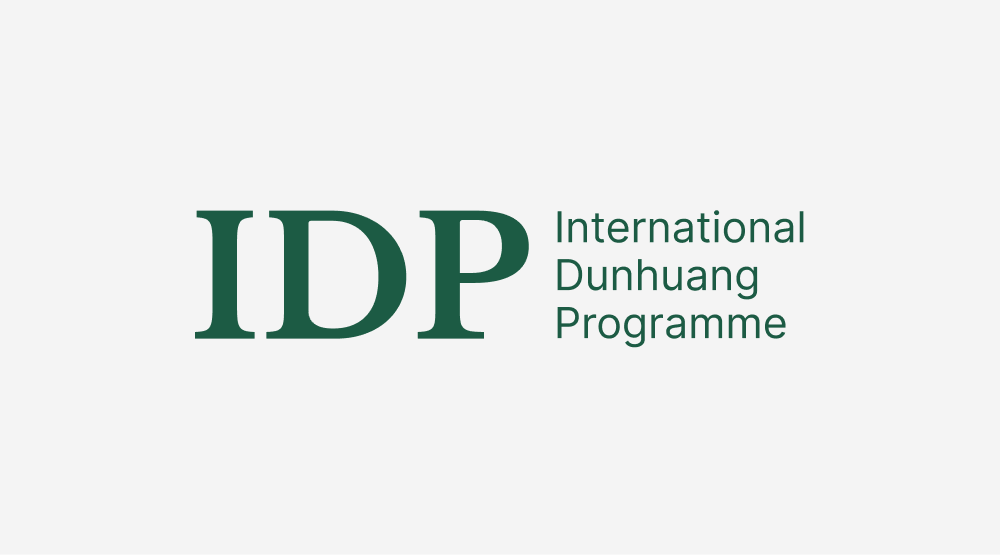Overview
show / hide OverviewTitle
Afghanistan affairs.
Date
1886
Material
Language / script
Description
Scope and content : Despatch from the Government of India, Foreign Department (Secret/Frontier), to the Secretary of State for India dated Simla 11 June 1886, forwarding correspondence relating to the affairs of Afghanistan. The despatch contains two telegrams and a letter from the Viceroy to Amir Abdur Rahman. No. 3, telegram of 30 May 1886, from Sir West Ridgeway, reports briefly that 'Kabul news is that increasing tyranny of Amir is causing great discontent, particularly among troops'; No. 4, dated 30 May 1886, reports that 'Ishak Khan has written very strongly to Kazi, demanding that British Commission [i.e., Afghan Boundary Commission] be treated with due honor and respect within his jurisdiction'; No. 5, dated 11 June 1886, is a long letter from the Viceroy Lord Dufferin to the Amir, objecting to the content and tone of the Amir's letter of 21 May regarding the giving up of territory by the Commission to the Russians: 'Other parts of your letter are couched in similar terms, which in a despatch to the Head of the British Commission are unsuitable and improper.' Dufferin goes on to note that the British and Russian delimitation of the frontier up to the Murghab had been accepted by the Amir, and it then remained 'for the joint Commission to demarcate the line between the Murghab and Oxus.' Deliberations between the Russian and British commissions finally proposed that 'if the canal heads were given to the Sariks, he [Colonel Kuhlberg, the Russian Commissioner] would raise no further objection to Colonel Ridgeway's claim to a broad belt of pasture ground on the side of Maimena and Andkhui. This arrangement was extremely favourable to Your Highness's subjected, and I recommended Your Highness to accept it—feeling that you would gain a great advantage at a minimal cost. I am fully convinced that that my recommendation was for Your Highness's interests. Colonel Ridgeway, far from giving in to dictation on the part of the Russian Commissioner, had, on the contrary, by withholding water from the Sarik lands, forced him to make a very important concession.' Dufferin stresses that the Amir's intransigency on this issue could imperil 'the whole success of the settlement,' noting that 'there is in Russia a strong military party who have always disliked and opposed the scheme of demarcation. Nothing would please that party so much as a breakdown of the whole settlement.' Dufferin also refers to the question of Kham-i-ab, claimed by the Russians under the terms of the 1873 agreement. While acknowledging the Amir's feelings on the matter, Dufferin advises that should the Russians refuse to compromise on this matter (and should Ridgeway fail in gaining concessions), the Commissioner must be given a free hand and support in the negotiations: 'Colonel Ridgeway has done good work in Your Highness's behalf. He has shown much tenacity and foresight in meeting the Russian claims, and Your Highness has every reason to rely upon his judgement . I earnestly trust that for your own sake you will not now weaken his hands and make a very difficult task hopeless by objecting to such evidently advantageous arrangements as he has recently proposed. If by such means Your Highness brings about a breakdown of the joint demarcation neither Colonel Ridgeway nor the British Government can be held responsible for any consequences which may ensue.'
Institution
